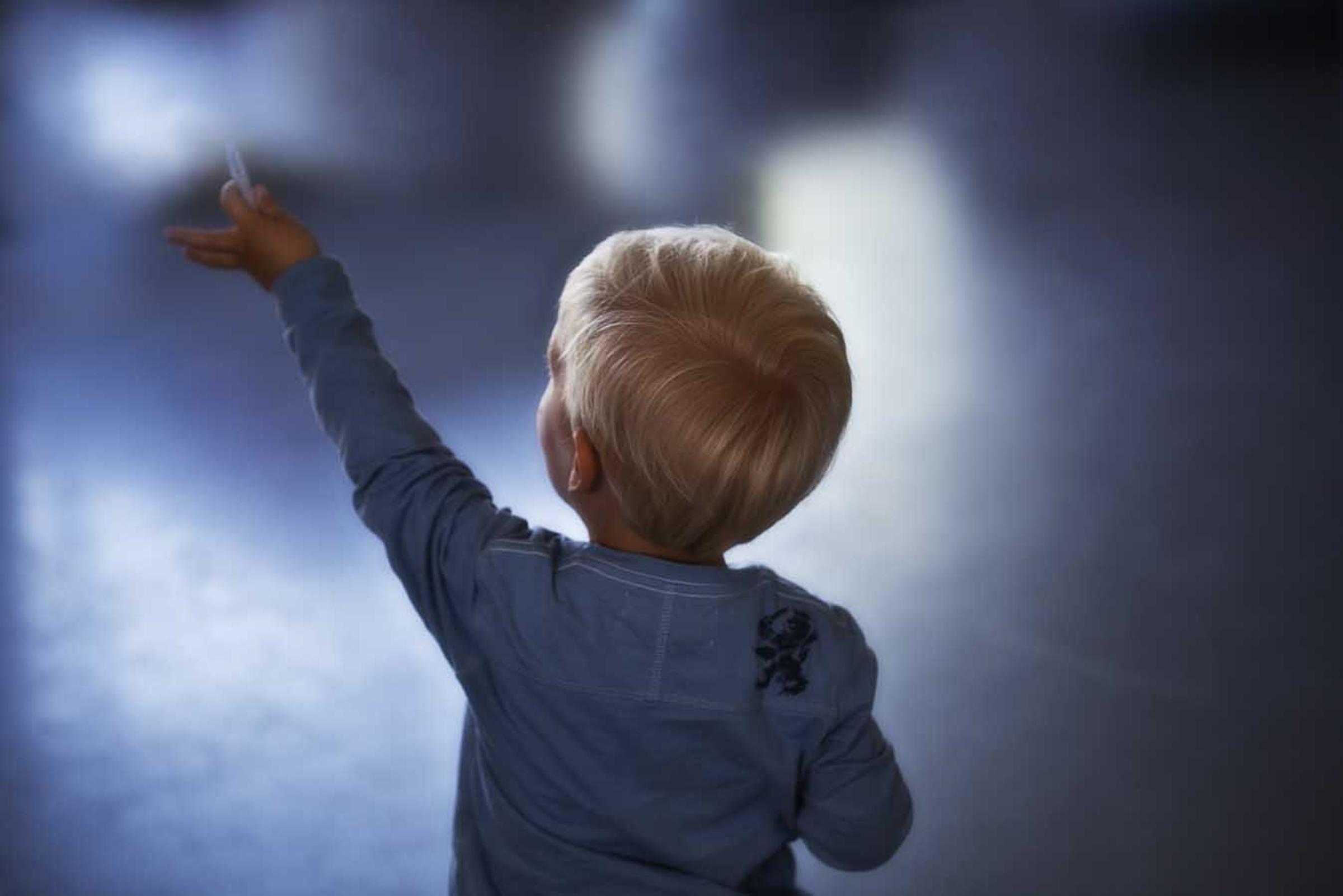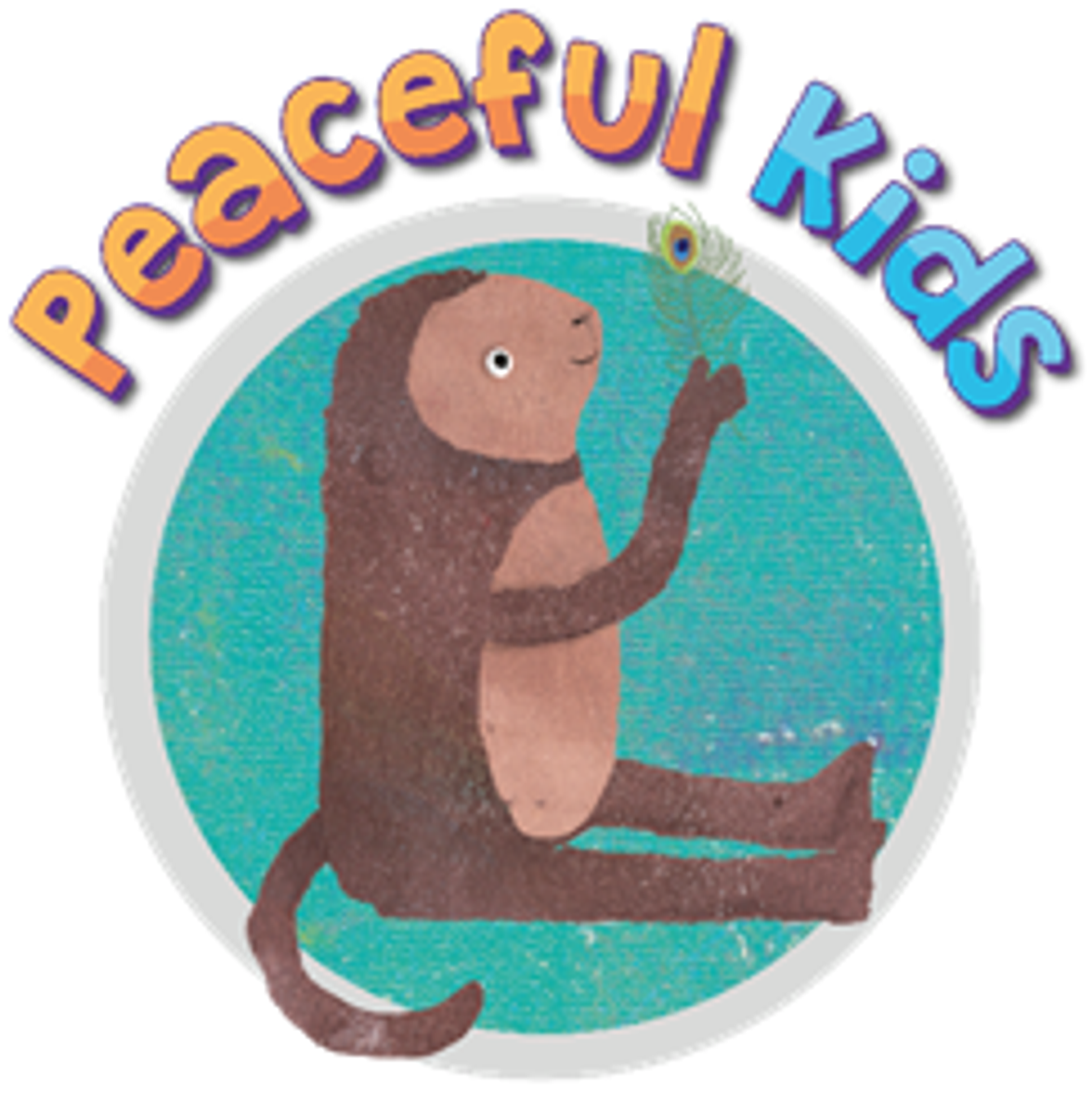Wellbeing

I have included today an article by Kasey Edwards written in 2016. Georgia Manning is quoted talking about kids managing their own time and boredom. She also mentions how important it is for kids to experience some "flow" in their lives on most days. I think the issue of over scheduling is a real balancing act for parents and in my experience I have erred at times between too much and too little. I think a lot of parents (myself included) have again over scheduled play dates and activities outside of school. I don't know the answers and what suits one child may not suit another. Family circumstances also differ as does available time and energy, but it's worth thinking about and reflecting on as the pace of our lives ebb and flow. Let me know if you have the answer.
Stay warm and have a great long weekend,
Mark O'Sullivan
When did over-scheduling our kids become a sign of good parenting?
When it comes to the pursuit of extra-curricular activities, parental anxieties run deep.
It's not unusual for kids to do lessons such as ballet, martial arts, gymnastics, maths tutoring, football, tennis, piano, chess, drama or cricket, every afternoon after school. Some kids do multiple classes on the same day.
"We all want to be the best parents we can, but we need to look at our definition of success," writes Kasey Edwards.
I know kids who don't make it home before 7pm every night of the week. And then they're doing more classes or formal sport on the weekend.
Despite research showing that homework for young kids does not deliver the imagined academic benefits, parents demand it from schools.
And then some insist their kids do even more work by setting their own homework and taking them to private Maths and English classes. Even pre-school children are being sent to private tutors.
Extra-curricular activities have become an arms race. We fear that our children will miss out or be left behind. We don't want our kid to be the only child who can't do a cartwheel, shoot a ball into a hoop, play Bach's English and French Suites on the piano or do multiplication in Prep.
And it's a con. Parents have been guilted into believing that more extra curricular activities equals better; that cramming as much knowledge, skills and experience into our children as early as possible is synonymous with good parenting. On the contrary, over-scheduling kids is a recipe for increasing childhood anxiety.
Director of Wellbeing for Kids, Georgina Manning, says that she has seen a dramatic increase in anxiety and emotional distress in children in recent years.
"Rushing children around and filling every spare moment of their lives with 'interesting' activities doesn't teach children how to manage stress. It just creates stressed out kids," says Manning, who is a registered counsellor and psychotherapist.
"Kids need to learn how to manage their own time, manage being on their own, manage boredom, and build their own interests for the sheer enjoyment of them - not for an outcome or achievement."
Still, it's not surprising that parents are rushing to sign their kids up to activities and classes. Even before we give birth, we are flooded with brochures displaying savvy marketing from companies cashing in on our parental anxieties. And it just doesn't let up. They pry open our wallets with talk of "brain development" and "self-esteem" and giving our kids a "head start."
What parent wouldn't want all those things for their kids? My first daughter was booked into swimming lessons when she was six-months old. She hated it. I hated it. And all she learned was to scream whenever she saw water. But I persisted with it because I thought that's just what good parents did.
Multinational tutoring giant Kumon boasts, "One father's love for his child led to supporting the dreams of children all over the world."
Really? That may be their parents' dream but I'm going to go out on a limb and suggest that most kids would prefer to be dreaming about fairies and super-powers and building cloud castles in the sky than prime numbers and long division.
And Kumon doesn't come cheaply. As Kumon Australia tells prospective franchisees, expect to rake in tens of thousands each month.
As a culture, we no longer value play for the sake of play. We don't have time for the wonder of childhood anymore. How's a cloud castle going to get little Johnny a job? Unless we can turn the construction of the cloud castle into a mathematical problem, we consider it a waste of time.
If our children are allowed to play at all, then it needs to be structured, measured, expert-endorsed, adult-led, paid for learning dressed up as play.
We've made the mistake of thinking that achievement and skill development will lead to wellbeing. And it is a mistake.
For starters, where are all these thriving genius children as a result of all this skill development hot-housing? We need only look at the increase in anxiety, depression, self-harm and suicide in our children to know that we are getting things wrong. Big time.
Manning says that if children are too busy to "play", then they don't get a chance to rest their brain and switch off the stress response.
"Ideally, children should experience 'flow' most days. Flow is when they totally lose track of time and have full engagement in enjoyable activities that don't necessarily have an outcome or are achievement-based, such as winning a game."
Examples of flow activities include: constructing Lego, drawing, creating or building something, playing with friends, imagination games, reading, sport that doesn't have a focus on winning, and crucially, activities instigated by the child, rather than adult-directed.
And what if the child does excel at piano or the arts? Are achievement-oriented parents really going to be happy if their child pursues a career where the median income from musical work in Australia is between $7,000–$8,000?
Or will they be happy for their child to pursue a winner-takes-all career in athletics where they peak in their 20s, after which it's downhill?
Rejecting the parental pressure to focus on our children's achievement is difficult. We fear that not pushing our kids or maximising their experiences will somehow impair their university options, or their income as adults.
We all want to be the best parents we can, but we need to look at our definition of success.
Surely the best job a parent can do is to give their children a childhood that is calm and happy, where they are free to explore who they are, make mistakes, have fun, and learn how to be kind and well-rounded people.
Kasey Edwards is a writer and best-selling author.

